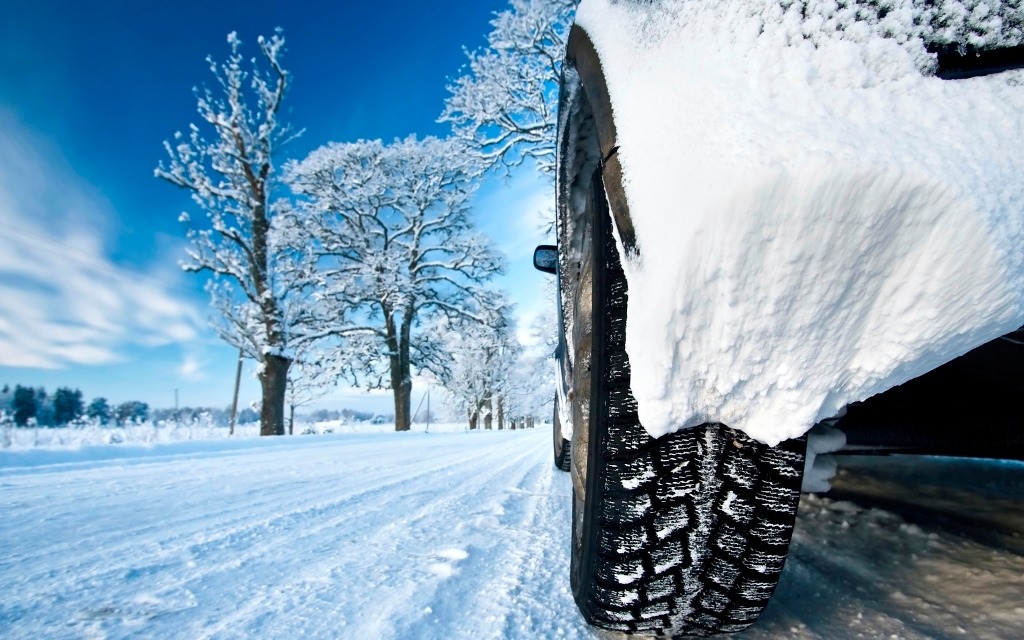Ready for winter?
This advertorial is brought to you by Groupement des assureurs automobiles(GAA)
Might as well just accept it, winter’s on its way! We’ll need to adapt again to changing road conditions that can catch us off guard any time... and result in an accident despite our best efforts. Should this ever happen to you, what about insurance?
Adapt your driving to road conditions
If you hit the back of the car ahead of you, are you liable for the accident? Yes, even if the road was icy or you were blinded by the sun.
In fact, under the Direct Compensation Agreement (DCA), which your insurer uses to establish your liability, you’ll be held liable under such circumstances. So it’s important that you maintain a safe distance between your vehicle and the one ahead.
Whether you’re at fault or not for the accident, this will impact your compensation:
- If you’re at fault, you’ll be compensated provided your insurance policy covers collisions (Section B of the policy). But you’ll have to pay the deductible.
- If you’re not at fault, you’ll be compensated under the civil liability coverage (Section A of the policy). And you won’t have to pay the deductible.
Good to know. If you’re involved in an accident where there are no injuries, you don’t need to call 911. Simply complete a Joint Report which you can now download using the mobile app.
And remember to put on your winter tires
They are mandatory from December 15 to March 15. If you’re involved in an accident but don’t have winter tires on, will you be compensated by your insurer? Yes. The policy doesn’t contain any exclusions, even if you didn’t have your snow tires on.
However, you should know that your compensation will reflect your liability and your coverage. And, as is the case for any loss, it will still be registered in your file.
What if you leave your engine running unsupervised and someone steals your car?
In this case, you’ll be compensated if you have coverage against theft (All Perils, Perils other than upset or collision, or Specified Perils). The insurer will deduct your deductible from the compensation.
Some tips to reduce accident risk
- Check out road and weather conditions before you set out.
- Remove snow and ice from your vehicle to ensure good visibility
- Adapt your driving habits: slow down, keep enough of a distance with the vehicle ahead of you and, if weather conditions are bad, postpone your trip or take public transit.
Questions about auto insurance?
You can go the Groupement des assureurs automobiles website, as well as to InfoInsurance.ca. Or contact the Insurance Information Centre at 514 288-4321 (Montreal region) or toll free at 1 877 288-4321.







